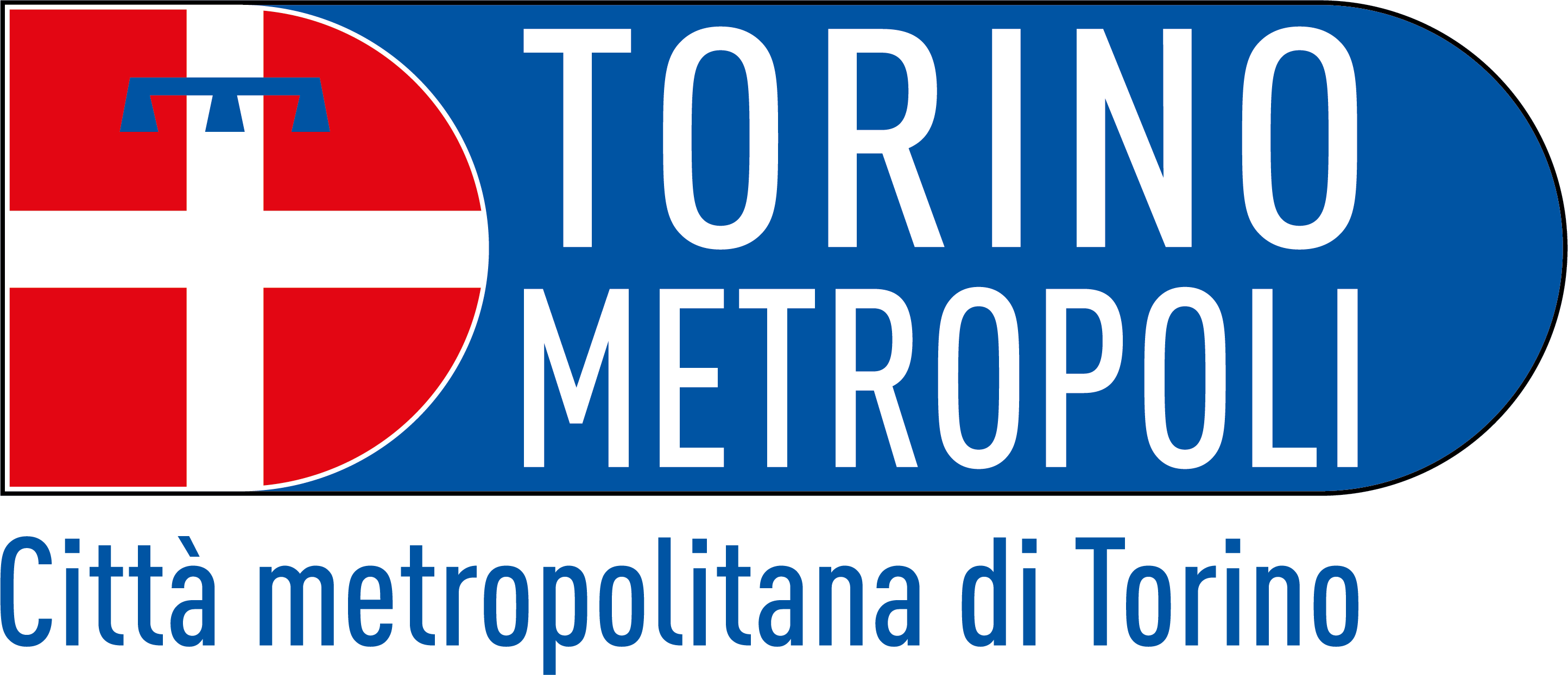In the last years, the number of "intelligent" objects has been increasing, namely those objects that are part of the Internet of Things (Internet of Things): a series of objects that are permanently connected and able to exchange information with each other (for example cars, household appliances, medical devices).
These objects are on the rise and are expanding into different spheres, such as agriculture and industry, leading to estimate that by 2025 they will be around 1 trillion. This entails a series of obvious benefits, but, at the same time, numerous other critical issues, including the production and disposal of the batteries through which they are powered. The batteries, in fact, have an average life of about two years against the ten years of the equipment they power, creating both economic and environmental damage.
The researchers of the EnABLES group, a European network of excellence, are working on finding solutions to extend the life of the batteries, also through the use of energy from alternative and renewable sources. The Polytechnic of Turin is part of this group, whose researchers are concerned, in particular, with the study of innovative components for energy storage systems.
With this in mind, the aim is to make the entire life cycle of batteries more sustainable. It is estimated that currently only 40% of the produced batteries in the world are properly recycled. This initiative is coherent with the new proposal from the European Commission, which specifically concerns an improvement in the environmental impact of batteries from production to disposal and recycling. However, this must always be associated with attention from all of us to limit the use of disposable batteries and always commit them to the appropriate containers.
